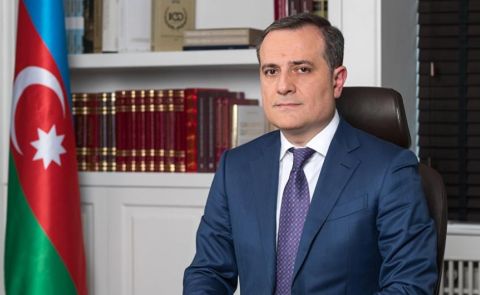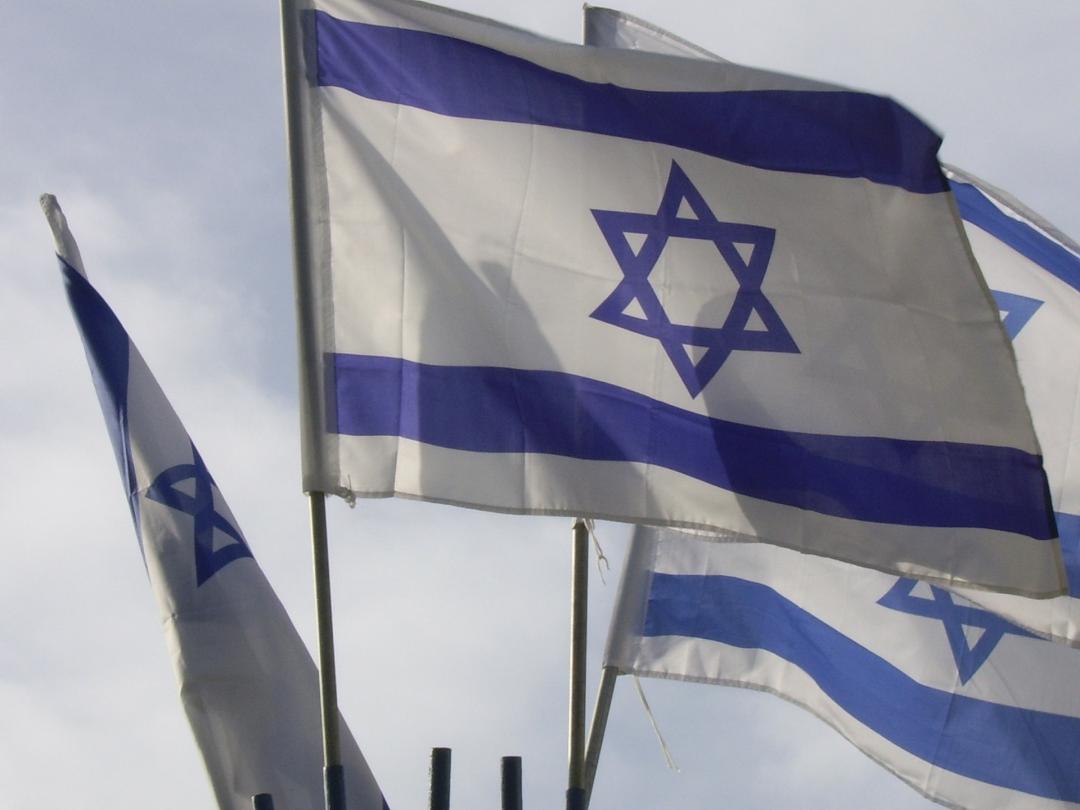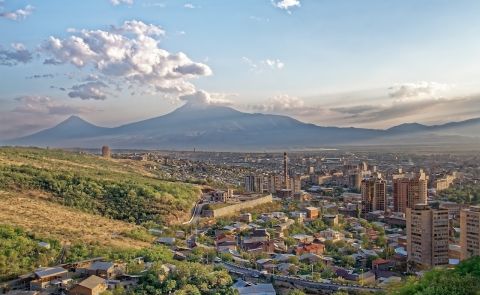
Georgian Orthodox Church slammed over antisemitic statements on Christmas

On 8 January, Israel’s ambassador to Georgia Ran Gidor released a statement on Facebook yesterday expressing his concern over the antisemitic messages of several Georgian priests.
“Exactly one week ago I expressed my wish that the new year would be welcomed with a public reassurance that the friendship between Georgians and Jews is as strong as ever, and that anti-Semitism, racism and bigotry have no place in Georgian society,” he wrote. “Unfortunately, that was not the case. On 4 January, Ilia Karkadze, a deacon at the Trinity Cathedral in Kutaisi, spewed several antisemitic conspiracy theories which were reminiscent of some of the worst blood-libels and anti-Jewish hate propaganda of 1930s Europe. Karkadze’s antisemitic speech was made merely two weeks after Ioane Gamrekeli, the Metropolitan of the Kutaisi-Gaenati Diocese and a member of the Holy Synod, had delivered his own highly controversial and problematic sermon, parts of which could have been interpreted as antisemitic,” he stressed.
“Since the re-establishment of independent Georgia 30 years ago, Israel - the Jewish State - has sought to reciprocate that kindness and express our gratitude by investing in the local economy, training over 1,500 Georgian women and men in Israeli medicine, agriculture, education and high-tech, by organising numerous humanitarian projects and by assisting Georgia in its fight against the Covid-19 pandemic. In 2019 a record number of Israeli tourists arrived in Georgia - 200,000 - the biggest group of any country which is not an immediate neighbour to Georgia. They came here in the hope that they were still welcome and that being Jewish in Georgia would continue to be a source of pride - rather than shame,” Gidon further noted. “Moreover, whereas I welcome Metropolitan Ioane Gamrekeli's strong condemnation of Ilia Karkadze speech and clarification of his own previous problematic statement, I would still hope that His Holiness, Ilia II, the Catholicos-Patriarch of All Georgia, who has always professed his sincere friendship towards the Jewish people, will also himself reiterate a much-needed message of tolerance and rejection of all forms of anti-Semitism, racism and bigotry,” he concluded.
For the record, on 4 January deacon Karakadze stated that while antisemitism was historically alien to Georgia, he warned that “Zionist groups” were on the side of “unkind forces” in the country. He then suggested that Jewish people “controlled the whole banking system,” both during the Soviet Union and now. Citing “prophecies” by 18th–19th-century Russian monk Vasiliy Vasilyev, Karkadze insisted that the “Uria” (Jewish people) had “poisoned Russia.” “Who was Lenin? Who was Trotsky?” Karkadze asked rhetorically and invoked the 20th-century antisemitic tropes of the Jewish people being behind the Bolshevik revolution, with only the former Secretary General of the Soviet Union Joseph Stalin being able to stop them from absolute domination.
Karkadze’s antisemitic speech denying the existence of antisemitism in Georgia came in support of Ioane Gamrekeli, the Metropolitan of the Kutaisi-Gaenati Diocese and a member of the Church’s decision-making body, the Holy Synod. Recalling the positions of fourth-century Milanese Bishop Ambrose towards the Jewish community, Gamrekeli described the Jewish people as a “race of infidels” and “persecutors of Christians.”
Gamrekeli later clarified that he wanted with his statement to draw parallels between Jews, “unbelievers” and human rights activists who criticise the church. Gamrekeli said that church critics “continue the path of the Jewish community,” adding a caveat that “this struggle is not determined by ethnicity, since it is about the struggle of non-believers against the church.” His clarification came under harsh criticism from Georgian civil society.
See Also


Nordic-Baltic Delegation Meets Armenian Leaders to Discuss Regional Cooperation and Peace

Azerbaijan Strengthens Energy Partnerships with Multiple Countries

BP Strengthens Presence in Azerbaijan’s Offshore Energy Sector

Netanyahu’s Letter to Aliyev: Mutual Trust, Solidarity Following Hamas Attacks, Facilitating Dialogue Between Israel and Türkiye

